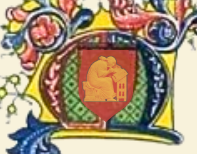St. Gregory Institute Lecture
Melodies, Modulations, and Memory - Some Reflections on Notker's Liber Hymnorum
Calvin Bower, Professor Emeritus University of Notre Dame
April 18 2024 5pm
Heritage Hall (within O'Connell Hall) with catered reception to follow lecture.
Please rsvp here.
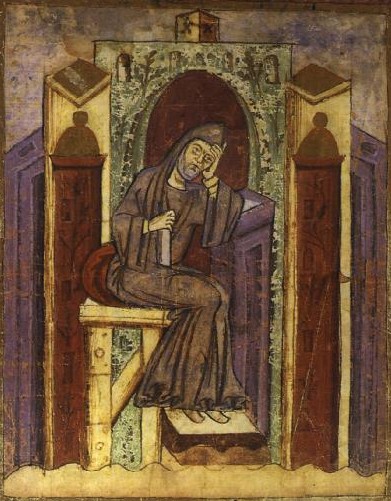
Abstract of Professor Bower's lecture
In the opening sentences immediately following the Dedicatio his Liber ymnorum to Liutward – Bishop of Vercelli and abbot of St. Columbanus – Notker writes the following rather personal narrative:
When I was still a young man and the very long melodies [melodiae longissimae] repeatedly committed to memory [sepius memoriae commendatae] escaped my fickle little heart, I began quietly to contemplate how I might somehow tie them down. In the meantime it happened that a certain priest from Jumièges, recently devastated by the Normans, came to us, carrying his antiphoner with him, in which certain verses had been measured out to the sequences [versus ad sequentias … modulati]; but even then they were very corrupted. While I was delighted by the sight of them all the same they were bitter in my mouth. Nevertheless in imitation of these I began to write …
Three fundamental themes emerge in these sentences: the melodies, the measured-out verses, and the problem of memory. In my reflections I will examine each of these themes as epitomized in Notker’s synthesis. What was the nature of these challenging melodies, what was their liturgical function, and what were the bases of their musical structure? How did certain verses measured out (the Latin word is modulati, literally ‘modulated’), articulate, and anchor these melodies? Entangled within this initial pair of questions emerges the problem of musical notation found in the margins of the earliest sources of Notker’s creation. And finally, the challenging theme of musical memory – how do melodic structures and measured-out-verses serve to ‘tie down’ musical structures within the heart and mind? Finally, I will attempt to draw something of a synthesis between musical and poetic structures and explicate the unity between musical and philological features. Two of Notker’s versus that exemplify his work will be heard and examined: Natus ante saecula and Petre summe Christi pastor.
Organizers: Monsignor Andrew Wadsworth, Sister Maria Kiely, and Professor Sarah Ferrario
St. Gregory Institute Seminar
Congaudent angeli and Psallat aecclesia!: the genius of Notker Balbalus
Calvin Bower, Professor Emeritus University of Notre Dame
April 19 2024 3:30pm
Happel Room, Caldwell Hall
Please RSVP here.
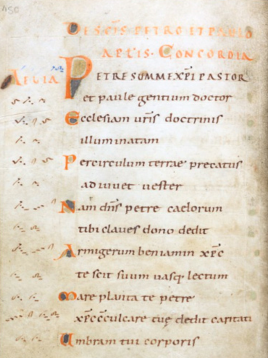
Organizers: Monsignor Andrew Wadsworth, Sister Maria Kiely, and Professor Sarah Ferrario
St. Gregory Institute Colloquium
Quam pulchra tabernacula tua!: The Beauty of Latin in the Language of Cult
March 21st 2024
10:15 Keynote Address: Monsignor Andrew Wadsworth: Beauty in the written word: style, register and principles of translation.
11:00: Dr. Benjamin Lewis: “Non speciem corporis nec decus temporis (Conf.10.6): Augustine on God, Beauty, and the Sacramentality of the Senses.”
11:45 Lunch in Garvey Hall (CUA Campus)
1:00-4:00 Short papers, each 20-25 minutes followed by questions and a short break: 45 min. per paper:
- Fr. Innocent Smith OP: From Ars Scribendi to Ars Celebrandi: Script and Layout in Liturgical Manuscripts
- Fr. James Bradley: “Lingua Anglica Exaratum”: The Liturgical Books of Divine Worship in Relation to English Translations of the Roman Missal.
- Sarah Moravsik: Reverencing the All-Powerful Word: liturgy, intertext, and oblation in Apotheosis 594-638
- Luke Maschue: “Garlands of Dactyls” (Prud. Per. 3.208f.): The Meaning of Meter in Latin Hymns.
Really Dead Languages and their Epigraphy
January 25-27th 2024
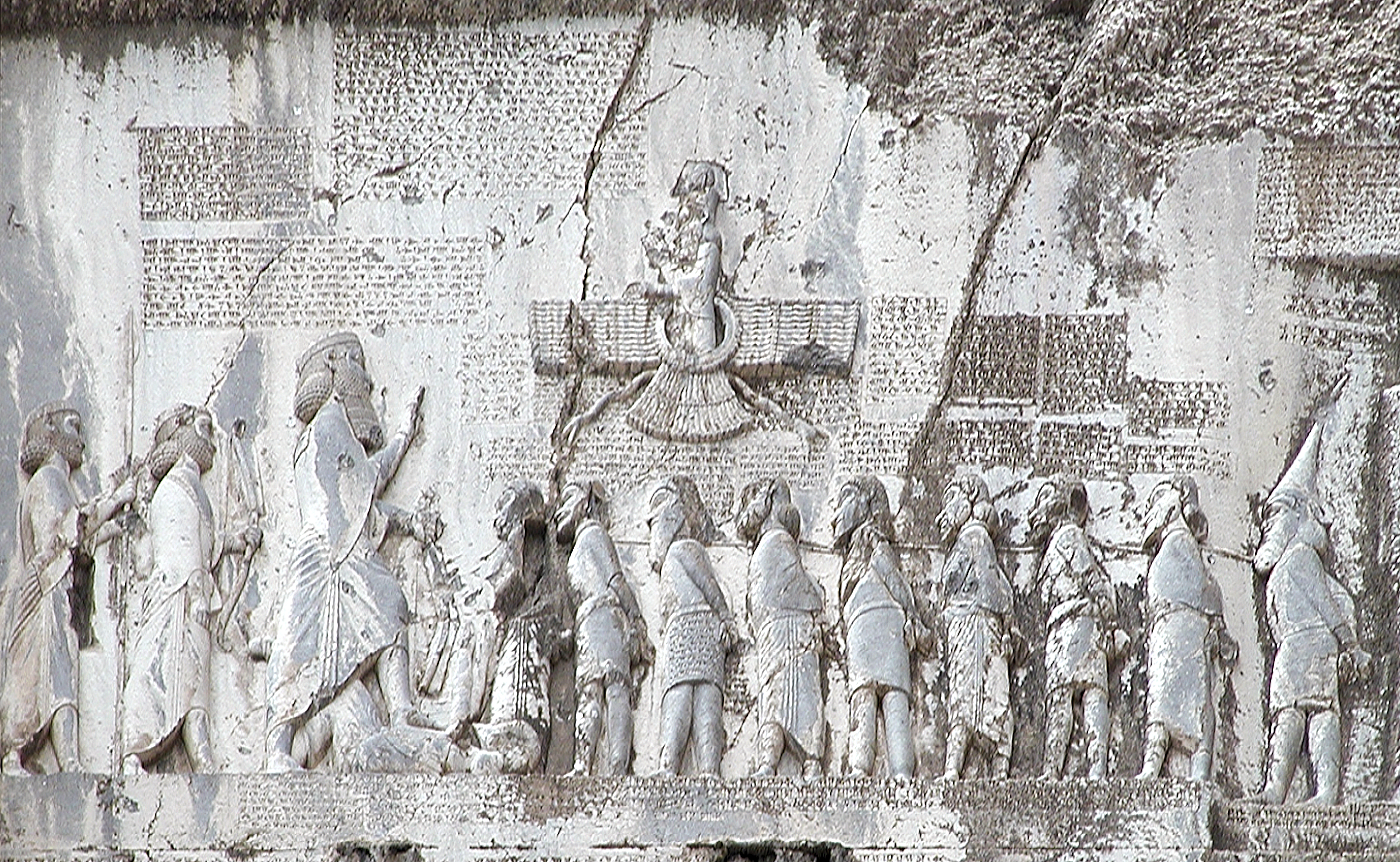
The Behistun Inscription
Join us for any or all of four workshop sessions offering introductions to ancient and medieval languages and their epigraphy! No prior knowledge is required; attendance is open to the public and is completely free.
You can come to as many different languages as you like (they are listed below).
Our speakers will equip you with a basic understanding of each language (and its script)--enough knowledge to recognize these languages when visiting a museum, or to be the star philologist of your pub trivia team.
All workshops will be on the campus of The Catholic University of America in McMahon Hall room 200.
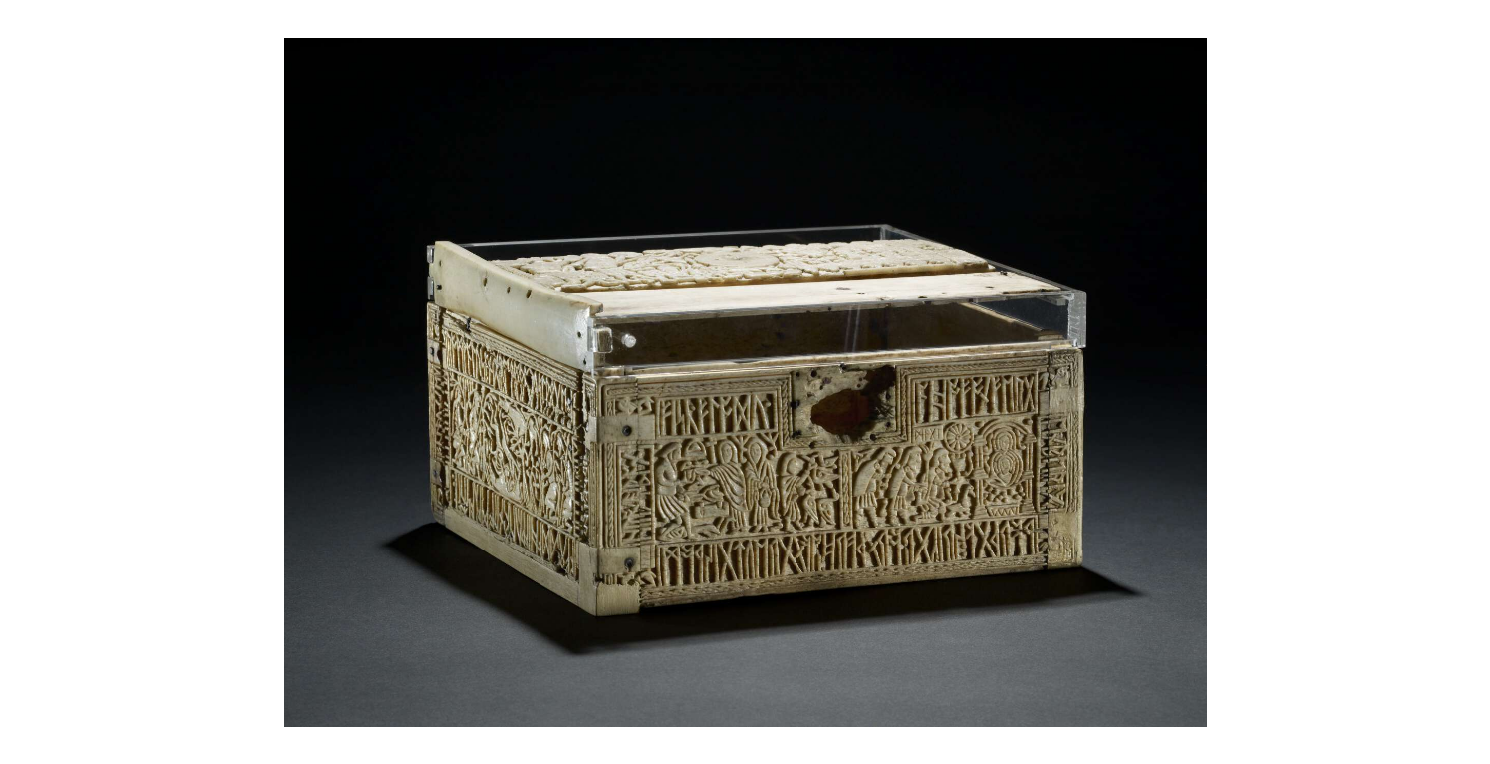
The Franks Casket, British Museum
The sessions are scheduled as follows
- Thursday 25 January 2024: 4:00pm-6:30pm
- Friday 26 January 2024: 4:00pm-6:30pm
- Saturday 27 January 2024: 9:00am-12:30pm
- Saturday 27 January 2024: 1:30pm-4:30pm
The topics are as follows:
- Akkadian (Thursday 25 January 2024, 4:00pm-5:15pm) (presenter: Andrew Gross)
- The Behistun Inscription (Thursday 25 January 2024, 5:30pm-6:30pm) (presenter: Andrew Gilmour)
- Etruscan (Friday 26 January 2024, 4:00pm-5:15pm) (presenter: William Klingshirn)
- Aramaic (Friday 26 January 2024, 5:30pm-6:30pm) (presenter: Edward Cook)
- Egyptian Hieroglyphs (Saturday 27 January 2024, 9:00 am-10:00am) (presenter: Jamie Duguid)
- Coptic (Saturday 27 January 2024, 10:15am-11:15am) (presenter: Janet Timbie)
- Linear B (Saturday 27 January 2024, 11:30am-12:30pm) (presenter: Sarah Ferrario)
- Old English (Saturday 27 January 2024, 1:30pm-2:30pm) (presenter: Beth Ooi)
- Runes (Saturday 27 January 2024, 2:45pm-3:45pm) (presenter: Lilla Kopár)
- Closing Epigraphy Roundtable (Saturday 27 January 2024, 4:00pm-4:30pm) (leaders: Sarah Ferrario and Lilla Kopár)
Space is limited so please RSVP here. Registration is now closed.
To request disability accommodations, please contact cooperp@cua.edu or 202-319-5216.
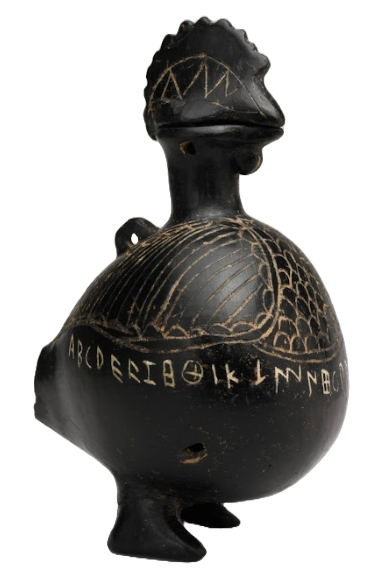
Etruscan cockrell (New York, Metropolitan Museum of Art: Fletcher Fund, 1924)

